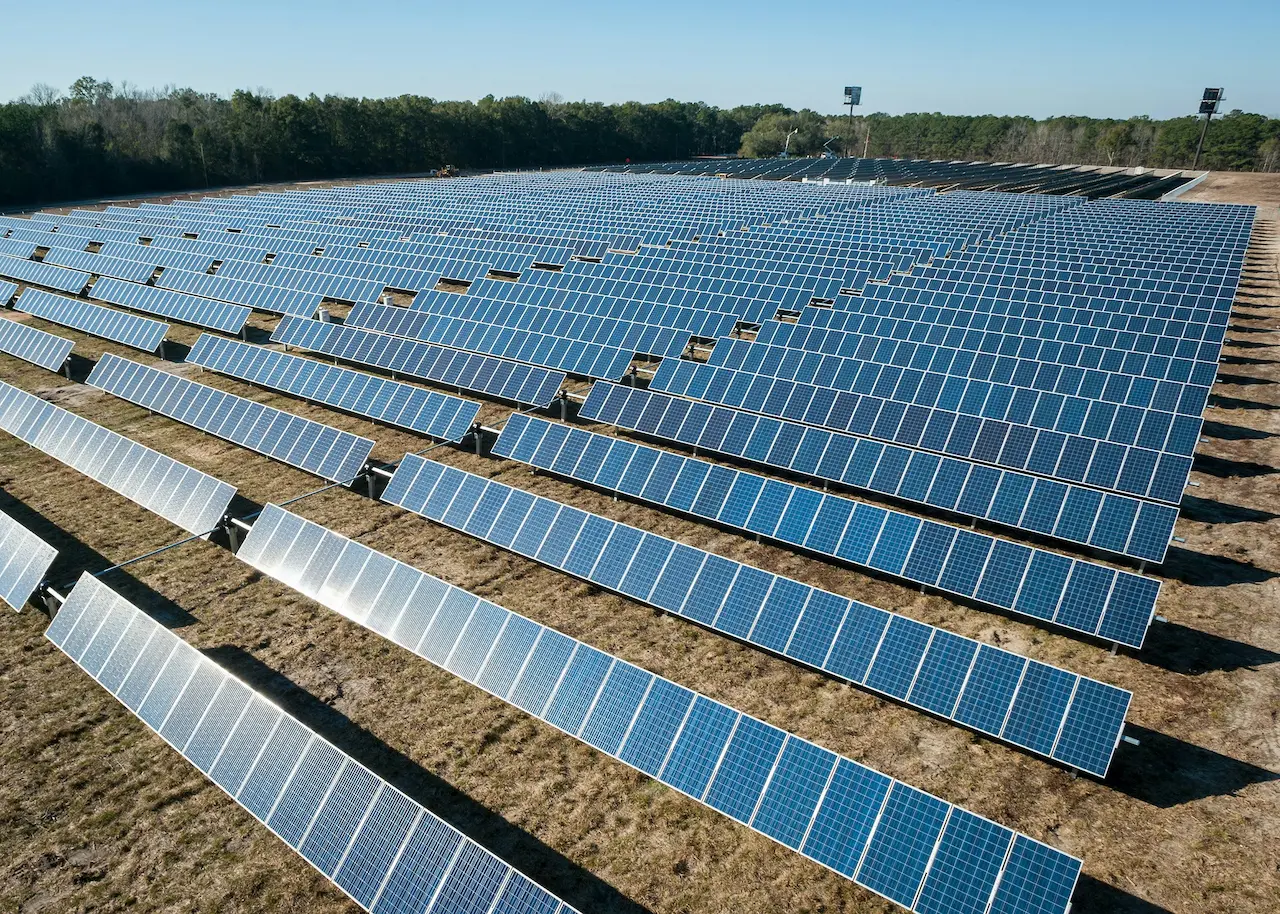Streamline Compliance With Reunion’s PWA Software

Real-time tracking of wage & fringe payments and apprenticeship requirements

Automated penalty calculations and cure payment tracking

Automated comparisons of wage requirements against wage determinations by the Department of Labor (“DOL”)

Ongoing data collection and compliance evaluation during construction, operation, and maintenance phases



















